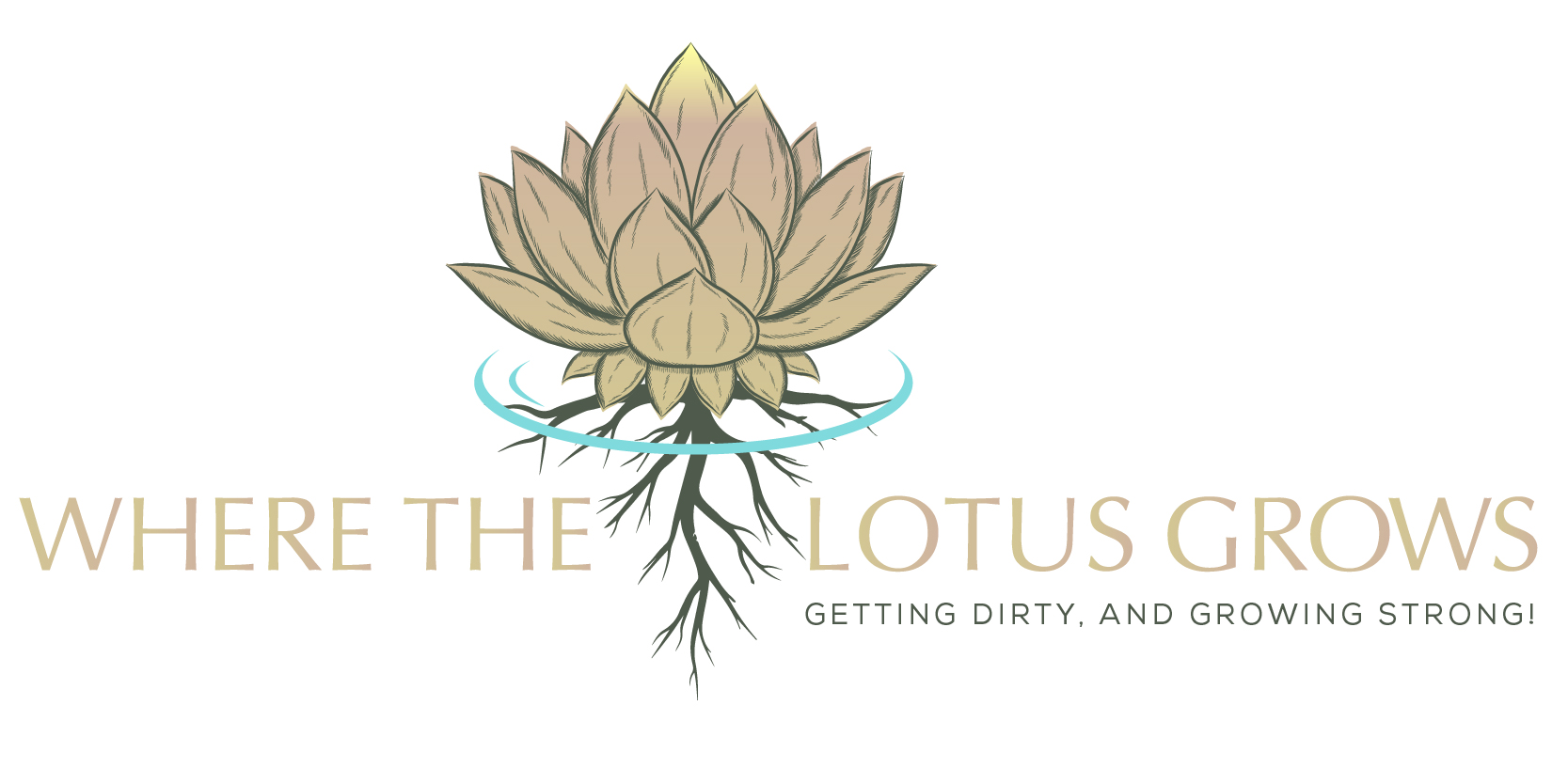Episode 15: Seva - Creative Ways for Selfless Service When Time or Resources Seem Limited
-Seva is most often defined as selfless service
-When we engage in selfless service we may experience reduction of emotional disturbance, greater longevity, stress reduction, improved morale, increased self-confidence and self-esteem, better health and pain reduction and a greater sense of overall happiness.
-Traditional ways of giving have been feed the hungry, nurse the sick, comfort the afflicted, lighten the sorrow of the sorrowful, clothe the naked, educate the illiterate, shelter the poorer.
John Hopkins professor John. L. Holland describes modern occupations in his six vocational personality types: Realistic, artistic, social, enterprising, investigative and conventional.
How can you make Seva part of your everyday life?
If you are standing line at the coffee shop buy the next person’s coffee. If you know your local health food store lets some people who are struggling put food on an account pay off someone’s food bill. Read to a child or an elder person. Help someone at the grocery store with their bags or reach for that top shelf for them. Walk their cart to return. Go to an animal shelter and walk a dog. Bring your neighbors garbage cans in for them.
What are your ideas?
Shining in everything is love! Seva is the art of giving where everyone involved receives. Seva is a life preserver that keeps your spiritual head above water and helps others stay a float.
Coincidentally, this episode is released the day before Thanksgiving (2018). Serving and gratitude go hand in hand. We wish all of you a happy Thanksgiving and hope you know how truly appreciative we are of our listener-ship.
Show Resources:
-Pathways to Joy: The Master Vivekananda on the Four Yoga Paths to God https://www.amazon.com/dp/1930722672/ref=cm_sw_r_cp_tai_nqH1Bb8CKS4B0
Quotes:
“True service is about acting in a way that recognizes the humanity in each of us, despite our differences- a way that acknowledges the pain and the strength we share and sees everyone as deserving access to basic human needs. Ultimately, it is our mutuality that will allow us all to heal.” Hale Khouri
“Social individuals are humanistic, idealistic, responsible and concerned with the welfare of others. They enjoy participating in gourd activities and helping, training, healing counseling or reveling others. They are generally focused on human relationships and enjoy social activities and solving interpersonal problems. Social types seek opportunities to work as part of a team, solve problems through discussions and utilize interpersonal skills but may avoid activities that involve systematic use of equipment or machines. Because they genuinely enjoy working with people. They communicate in a warm and tactful manner and can be persuasive. They view themselves as understanding, helpful,c her full and skilled in teaching but lack in mechanical ability. The preferred work environment of the social type encourages teamwork, and allows for significant interaction with others. Typical social careers include teacher, counselor and social worker” - John L. Holland
“It is more blessed to give than to receive.” Acts 20:35
“Ask not what your country can do for you ask what you can do for your country.” John F. Kennedy
“Helping out is not some special skill. It is not the domain of rare individuals. It is not confined to a single part of our lives. We simply heed the call of that natural impulse writhing and follow it where it leads us” - Ram Dass
